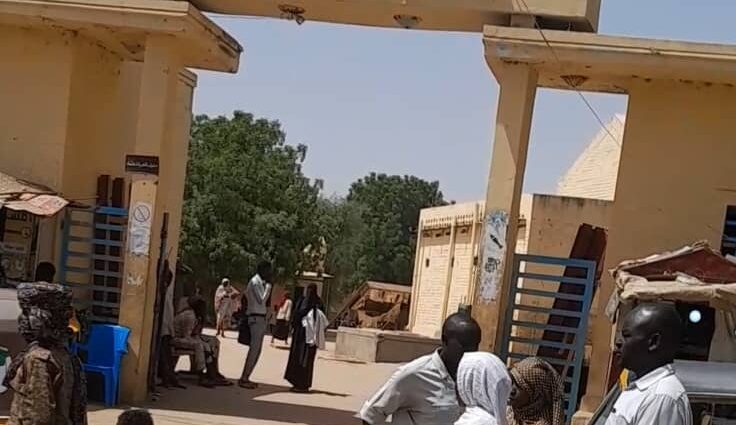Zalingei ,June 30(Darfur 24)
Since taking control of Central Darfur state, the Rapid Support Forces (RSF)have been demanding ransoms in exchange for the release of civilians they arrest on charges of spying or cooperating with the army.
The citizen (M.A.), who was arrested in August 2023, on charges of collaborating with the army, told “Darfur 24” that the ransom paid by the detainees in exchange for their freedom ranges from one million to 100 thousand pounds, according to the evidence available to the intelligence services. Fast support.
He added: “Because there was no evidence of the charges against him, they obligated my family to pay one billion pounds in exchange for my release.”
The citizen (A.M.A.), who was arrested from his shop in Zalingei market, explained that he stayed in prison for about a month on charges of cooperating with the army.
He told “Darfur 24” that “the Rapid Support Intelligence, despite the continuous interrogation, did not provide any evidence proving my guilt. However, they insisted on not releasing me until my family committed to paying one million and 700 thousand pounds as a financial ransom in exchange for freedom.”
A Rapid Support Forces intelligence source acknowledged the imposition of financial ransoms, which he called “fines,” and said they go toward administrative management, providing subsistence for prisoners, and incentives for guards, among others.
A source from within the popular courts established by the Rapid Support Forces, which are run by local civilian members, said: The court imposes processing fees paid by the complainant to look into his case and bring the accused, and fines for the accused ranging from 70,000 for civil crimes to 700,000 for criminal crimes.
He pointed out that this money goes to running the courts and providing employee incentives, and a small percentage goes to the military administration and the civil committee.
Regarding the levies collected by the Rapid Support from the markets, the merchant (A.H.) from the Zalingei market explained that after the formation of the market’s Chamber of Commerce, a force was established to protect the stores and maintain the stability of the market, with the merchants paying sums of money to provide subsistence and incentives for the guard members consisting of forces. Fast support.
He continued: “After the formation of the civilian coordination committees, the merchants were surprised by the imposition of additional monthly fees that amounted to ten thousand pounds for the shop and five thousand for the furniture and pallet owners, collected by committees of civilians and military personnel.”
He added: “In the past, fees were returned in the form of services to merchants and the market, but currently there are no services that require paying fees except for the security service, which merchants committed to paying without it being imposed on them.”
The members of the Rapid Support Coordination Committee justify that the largest percentage of the fees collected insist on running the coordination committees such as incentives, fuel, and administrative management, while a small percentage of them goes to the military administration.

